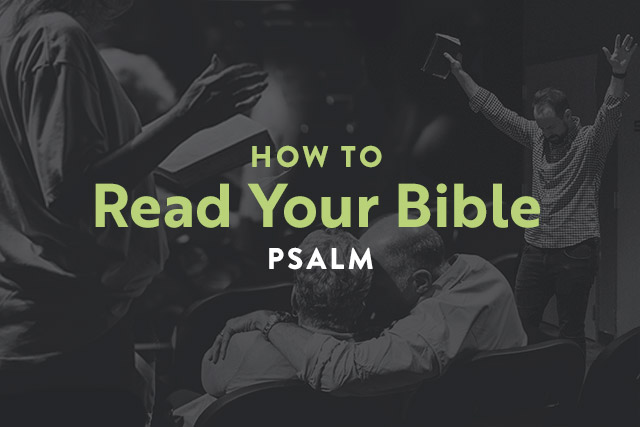Praise the Lord, my soul;
all my inmost being, praise his holy name.
Praise the Lord, my soul,
and forget not all his benefits—
who forgives all your sins
and heals all your diseases,
who redeems your life from the pit
and crowns you with love and compassion,
who satisfies your desires with good things
so that your youth is renewed like the eagle’s.The Lord works righteousness
and justice for all the oppressed.He made known his ways to Moses,
his deeds to the people of Israel:
The Lord is compassionate and gracious,
slow to anger, abounding in love.
Psalm 103:1-8 (NIV)
The Psalmist is praising God for who He is. He’s commanding his soul to praise for all God has done. This is a great reminder to us that we are made to praise God, to rejoice in who He is and what He’s done, and to remember that God is for us. We also see from this passage that there are not just stories in Scripture, but songs of praise. When we encounter these songs of praise, we can still learn valuable truths about who God is and apply it to our lives.
Scripture
Read the passage at least 3 times and make note of what stands out to you. Underline, highlight, and make notes on your thoughts.
Observation
Answer these 3 questions, then spend time writing and answering 2 more. Remember, this is the time where you think deeper about the passage and what’s happening.
- What’s happening in this passage? Is a lesson being taught, is it praising God, is it telling a story, or is something else happening?
- Are there commands, warnings, or wisdom in the passage? What’s it telling me?
- Why is this passage of praise written in this form?
- Write and answer your own question.
- Write and answer your own question.
Application
Reflect on how you can apply this passage to your life. Answer the 2 questions, then spend time writing and answering 2 more.
- What are the basic truths of this passage?
- How can I praise God in my own life?
- Write and answer your own question.
Prayer
Write your prayer or speak it aloud. Focus on how/why God is being praised in this way. Try writing your own song of praise focusing on who God has been in your life.


